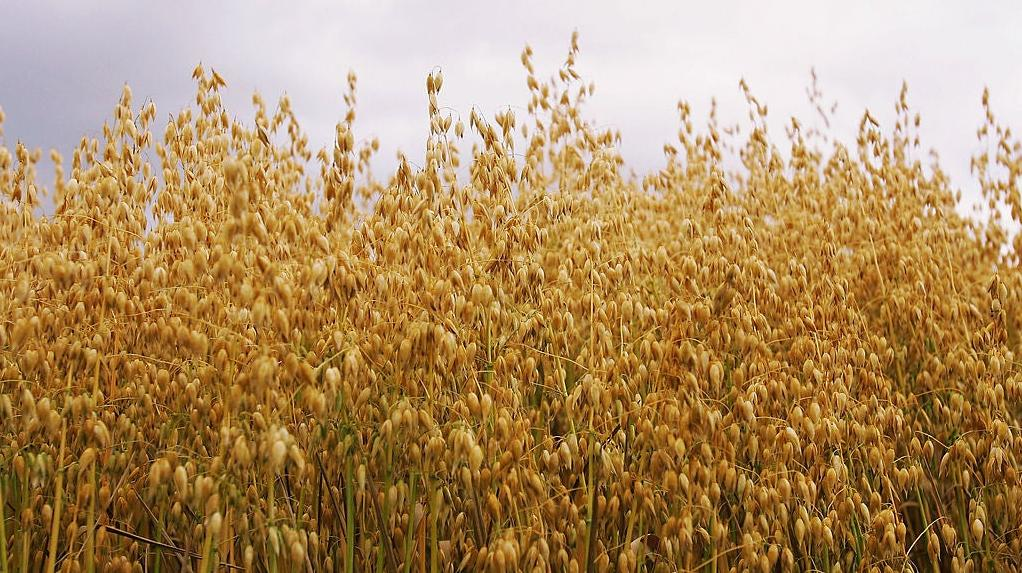Three Climate-Friendly Foods To Add To Your Diet Right Now
And no, none of them are meat. Accept it and eat your beans.
Temperatures in the Arctic Circle have hit 118 degrees Fahrenheit, so it seems like a good time for a refresher on sustainable foods. Sure, it would be nice if everyone bought nothing but local, pesticide-free produce and low-emission, humanely raised animal products, but because we live in an industrialized world with an industrialized food system propped up by government subsidies, that's borderline impossible. So what can we actually do?
The most sustainable foods, according to experts
The Guardian spoke to environmental experts about simple dietary changes we can all make to (hopefully) save the planet. The goods news is that some of the most climate-friendly foods are also some of the most affordable, like oats. According to Tim Lang, a professor of food policy at the University of London, oats are a good "break crop," which means that farms can grow them in between harvests not only for consumption, but also to replenish the soil.
Beans and lentils remain high on the list of eco-friendly foods for multiple reasons. For one, they're high in both protein and fiber, making them a nutritional powerhouse that can replace the meat in our diets. (Even if you're not willing to go full-on vegetarian, skipping meat a few days a week is a good move for both our planet and your body.) Additionally, the roots of legumes contain bacteria that give the plants the ability to self-fertilize soil, lessening the need for chemical fertilizers.
While beans and oats are relatively common foods in American diets, seaweed isn't, and that's something we may want to change. The Guardian explains that seaweed is a "superfood" that reduces the acidification of our oceans, which allows microorganisms and sea life to thrive. According to Professor Michele Stanley, associate director for science, enterprise, and innovation at the Scottish Association for Marine Science, seaweed "relies on nitrogen and phosphate to grow, so there is potential to grow seaweed in areas where there is agricultural runoff ... and convert those pollutants intro nutrients."
Oats, beans, seaweed: your sustainability checklist. Keep it in mind the next time you're at the grocery store.
